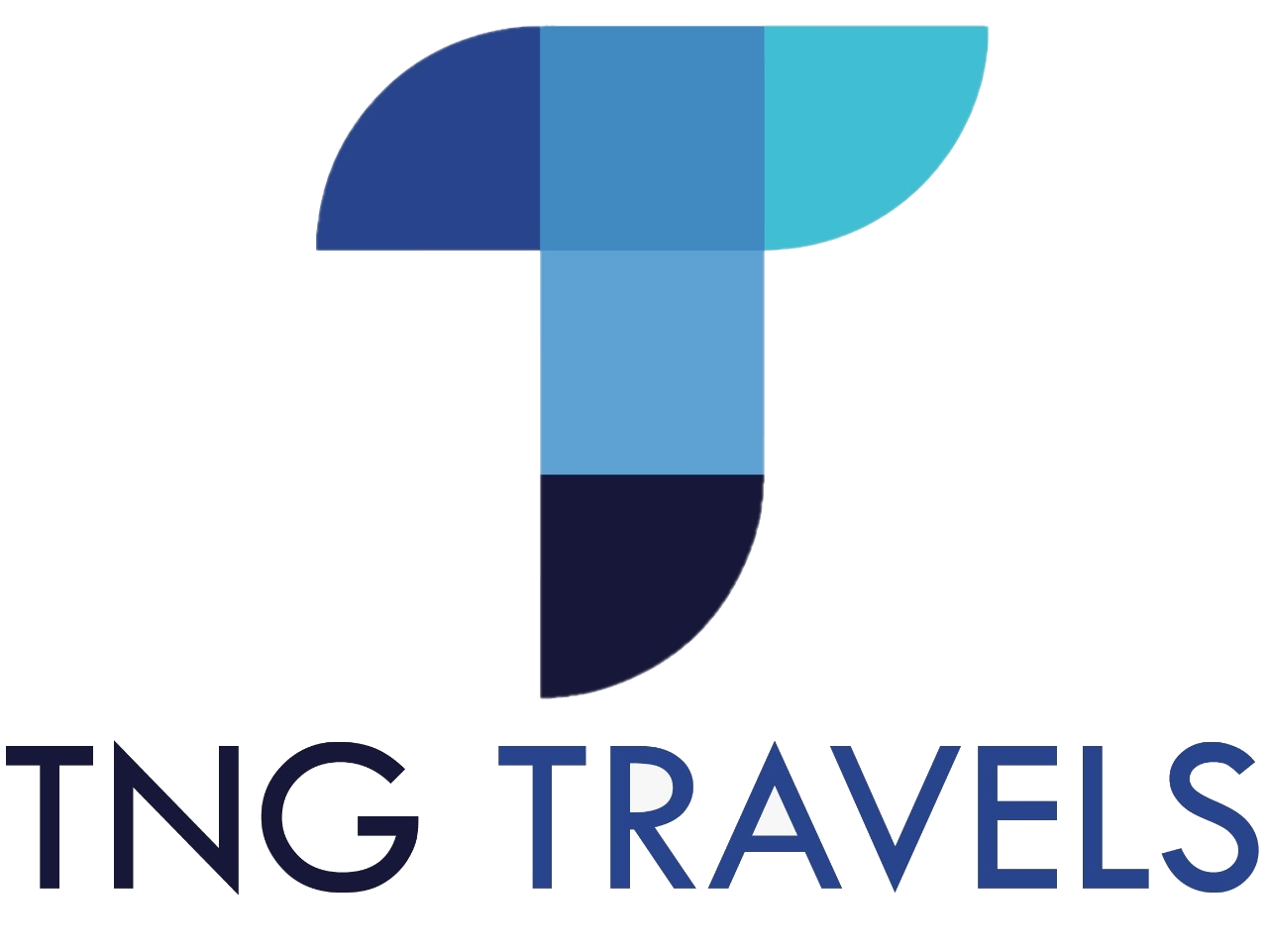Responsible travel in the time of coronavirus: Sure Travel’s dos and don’ts
It’s difficult to read headlines about travel bans and lockdowns and then imagine life, and travel, after Covid-19.
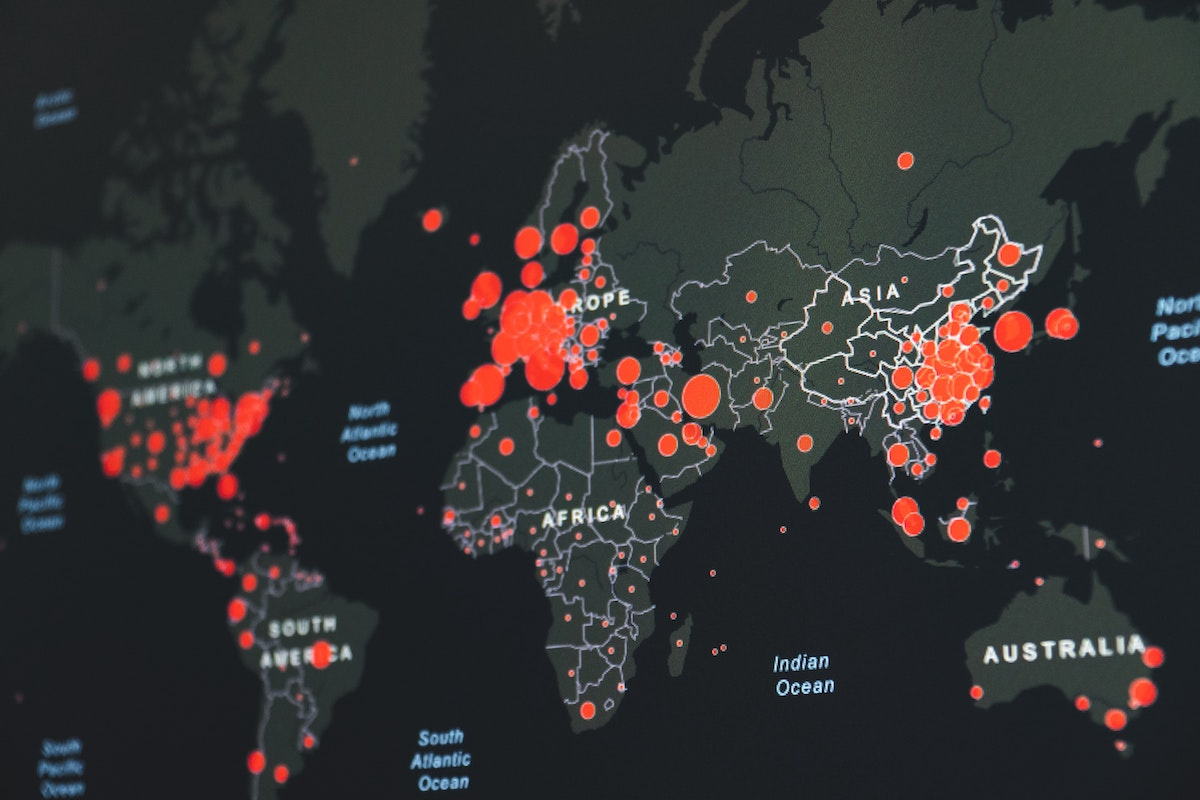
As travel lovers, we’ve been asked to pack away our wanderlust and stay home to save lives, until global health experts give the all clear. So until they do, what can we learn about travelling responsibly in the time of coronavirus?

1. DO: book with a travel agent
While we all love an online deal, the fallout from Covid-19 has reinforced — perhaps more than ever before — the benefits of booking flights, hotels and tours with ASATA-accredited travel experts.
At Sure Travel, our ability to help travellers respond in times of crisis is a privilege we take incredibly seriously — before, during and after each trip you book with us.
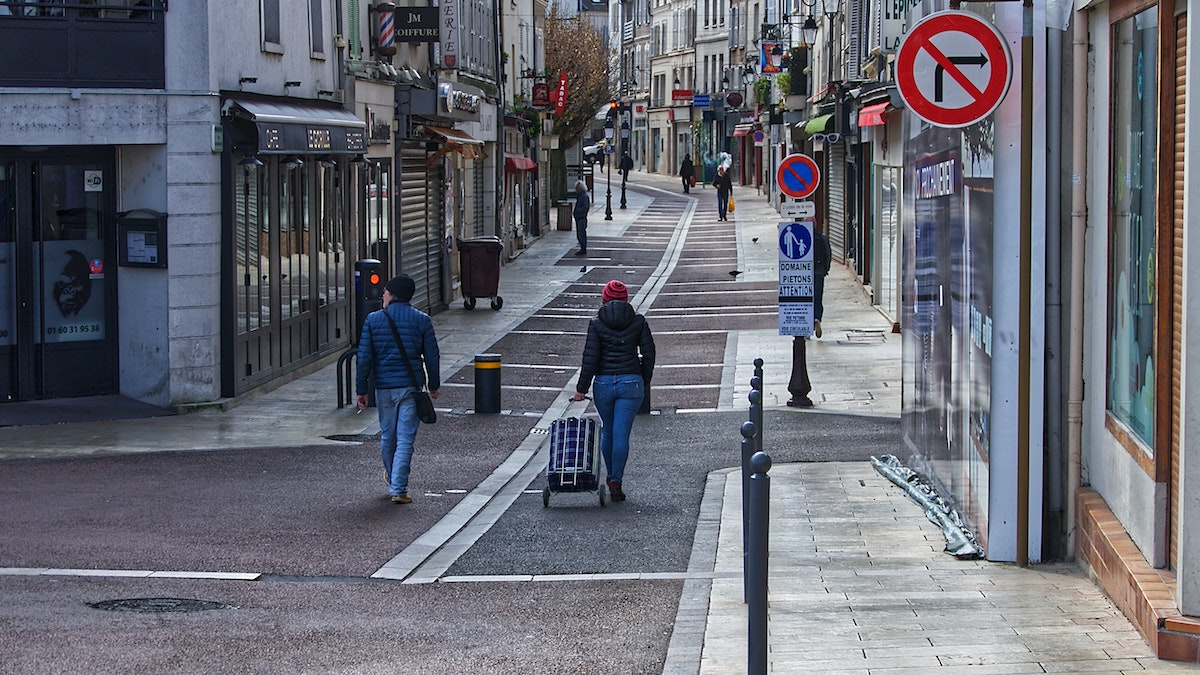
Within hours of each new coronavirus-related announcement, borders shut, flights were cancelled and travellers abroad faced the increasing risk of getting stranded (without much help from online booking platforms).
As call centre wait times grew, our travel agents sprang into action, calling preferred partners, airlines and suppliers to ensure we could get our clients home with little to no added strain on their finances.
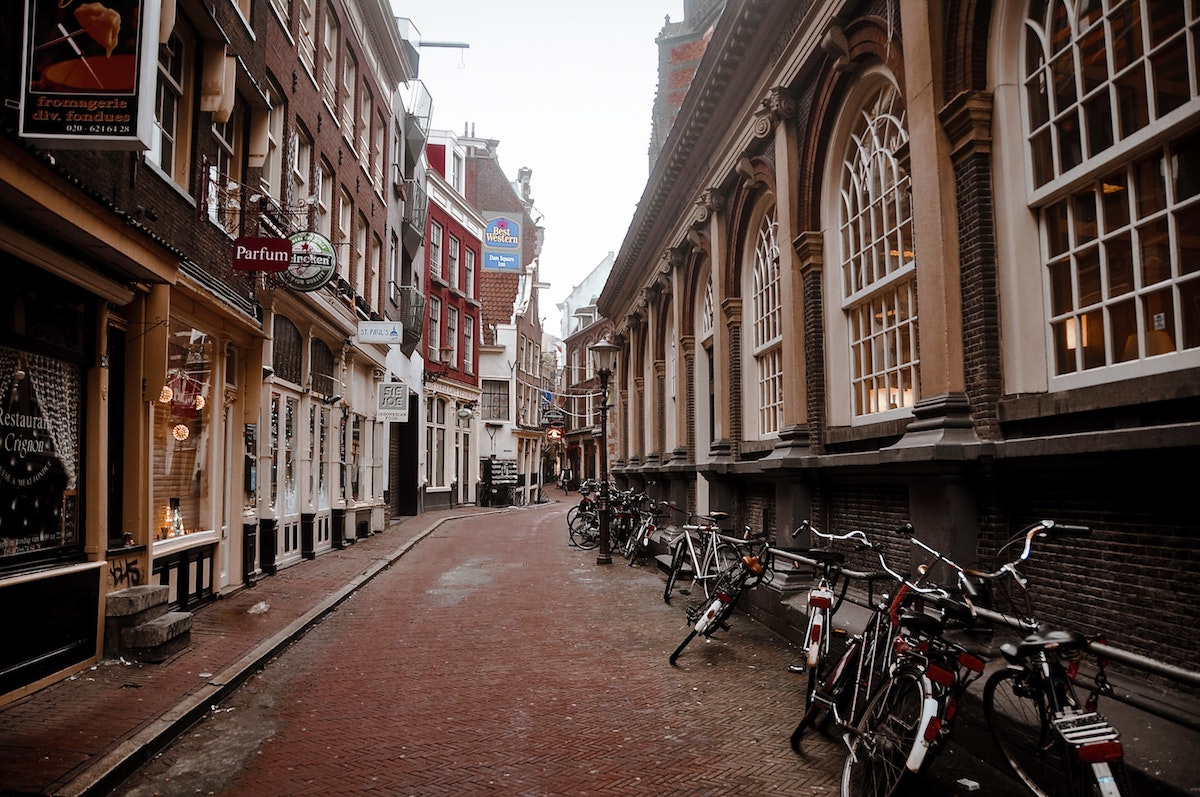
We’ve also done our best to answer your questions, relay the implications of travel insurance policies and visas, and tell you what to expect upon your return home when it comes to re-entry, testing and two-week self quarantine.
We want you to know that we’ll be here for the weeks and months to come, helping you rebook any interrupted travel plans hassle-free — whether a romantic honeymoon, long-awaited family reunion, dream adventure, or business trip.
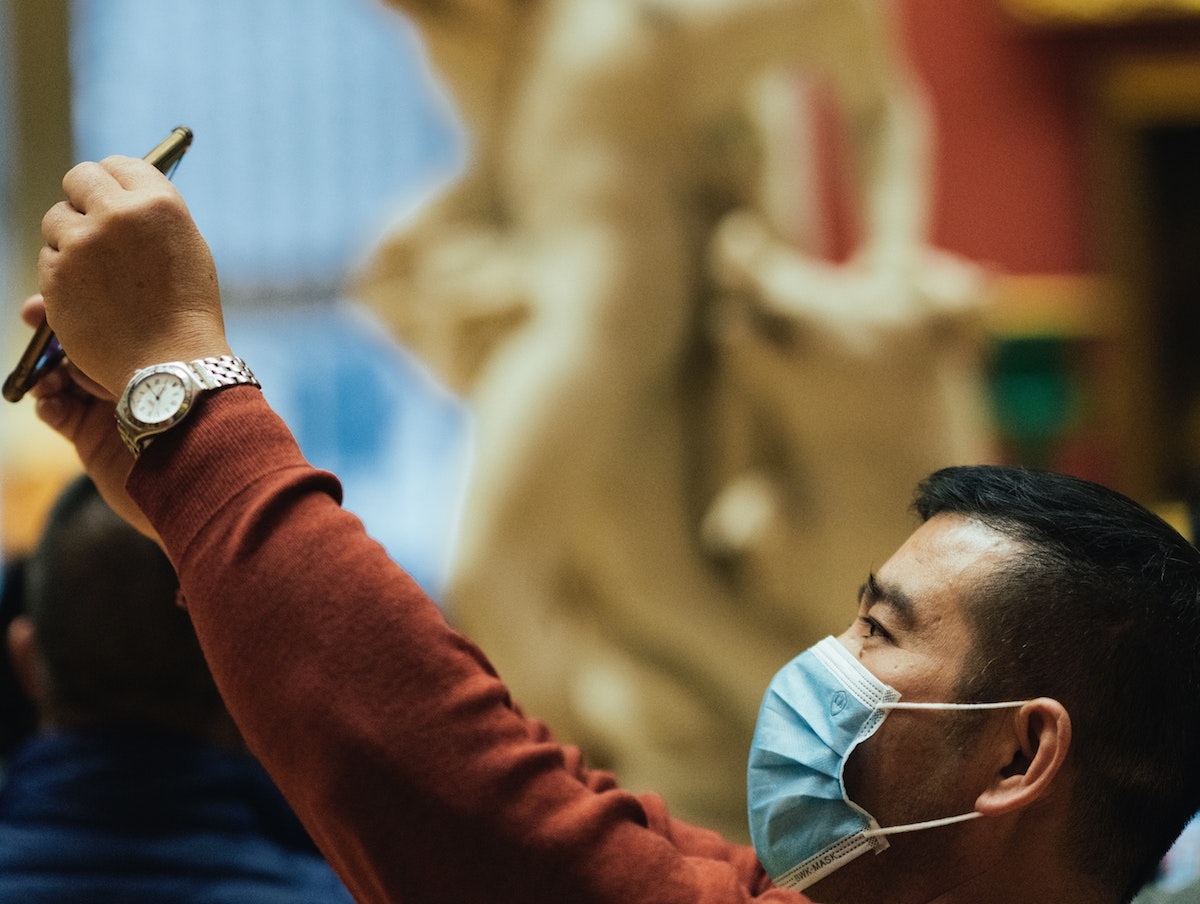
We’re here to help. To speak with your nearest Sure Travel agency, visit our website or call us on +27 (0)861 47 48 49.
READ MORE –> 5 reasons you still need your trusted travel agent
. . .
2. DON’T: forego travel insurance
We can’t stress enough — travel insurance is a must, and this applies to all travel, not just trips booked during these uncertain times.
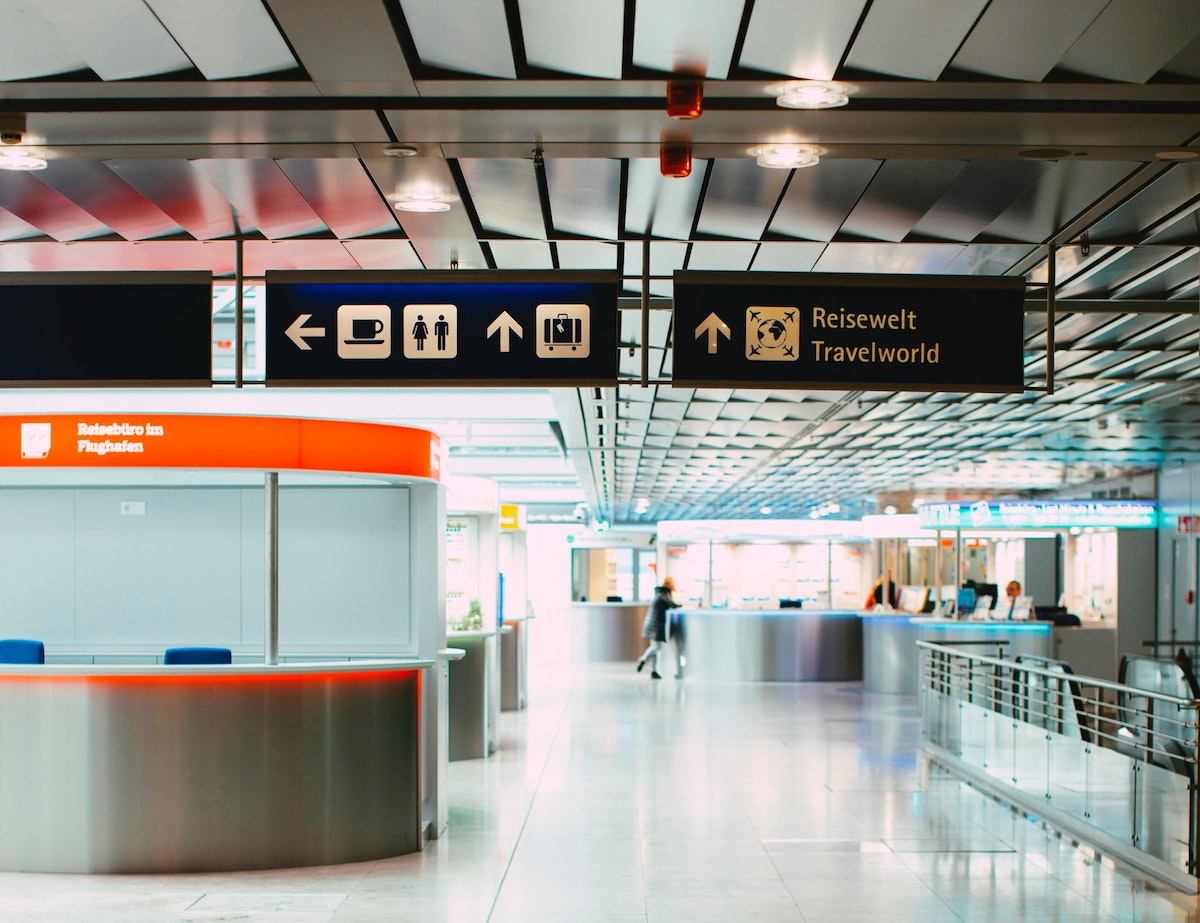
Depending on the policy you choose (ie. standard vs. comprehensive), travel insurance ensures you’ll have access to 24-hour emergency assistance, along with helpful coverage for medical costs, evacuation, trip cancellation and delays, lost or stolen luggage, and legal assistance.
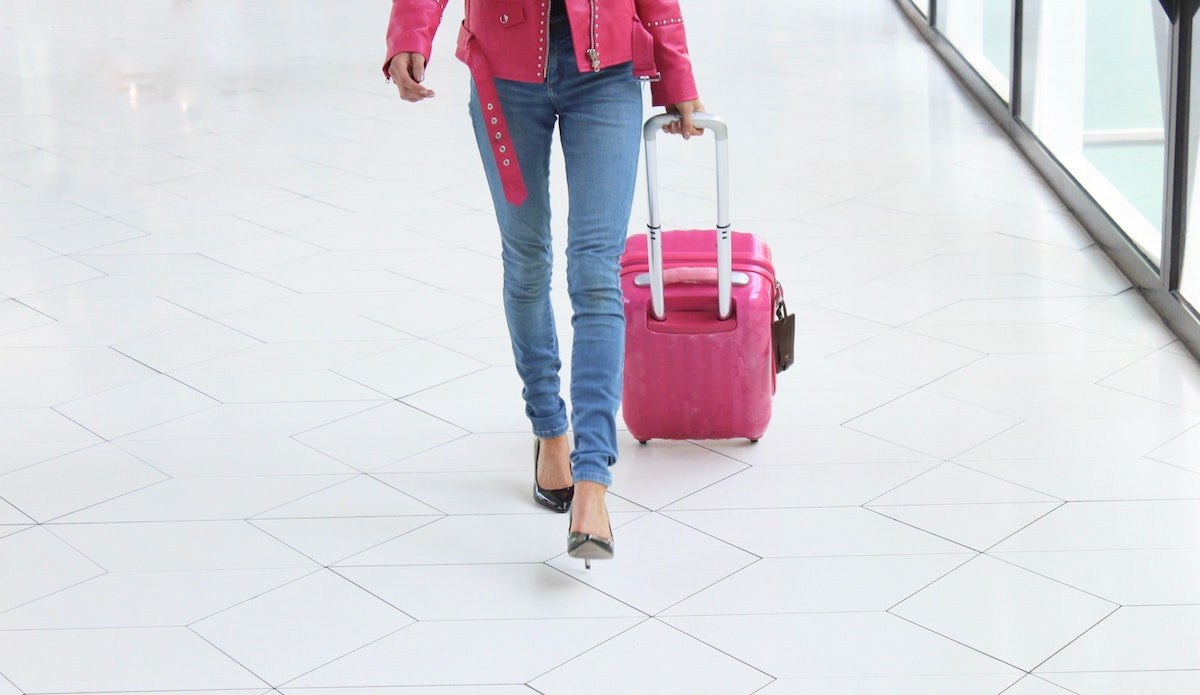
With so many policies out there, which one best suits your needs? We asked the professionals at Travel Insurance Consultants (TIC) to explain the basics of what to consider before you buy insurance for leisure or business trips:
Pre-existing illness cover: If you have a pre-existing illness, make sure you choose a product that contains this benefit, which covers you for hospitalisation as a result of your pre-existing illness. For travellers up to the age of 69.
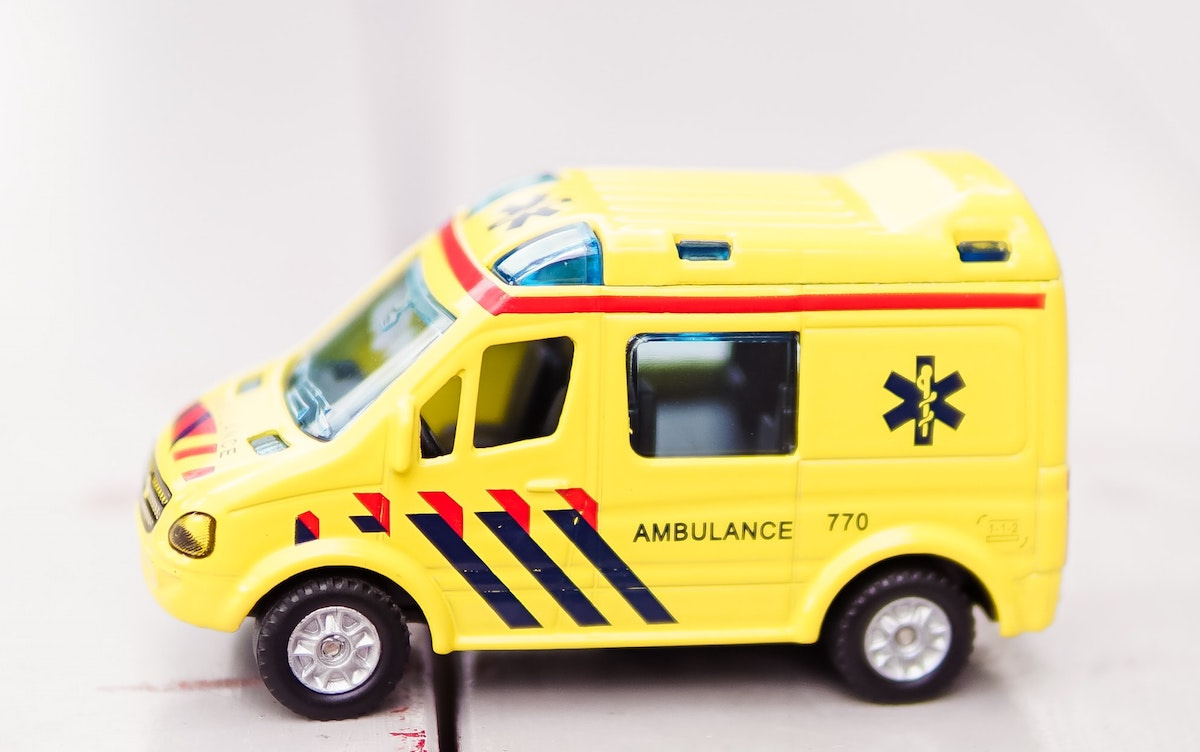
Travellers aged 70 and up: If you’re a mature traveller, investigate what’s included and excluded when it comes to cardio vascular diseases, cerebrovascular diseases and pre-existing illnesses.
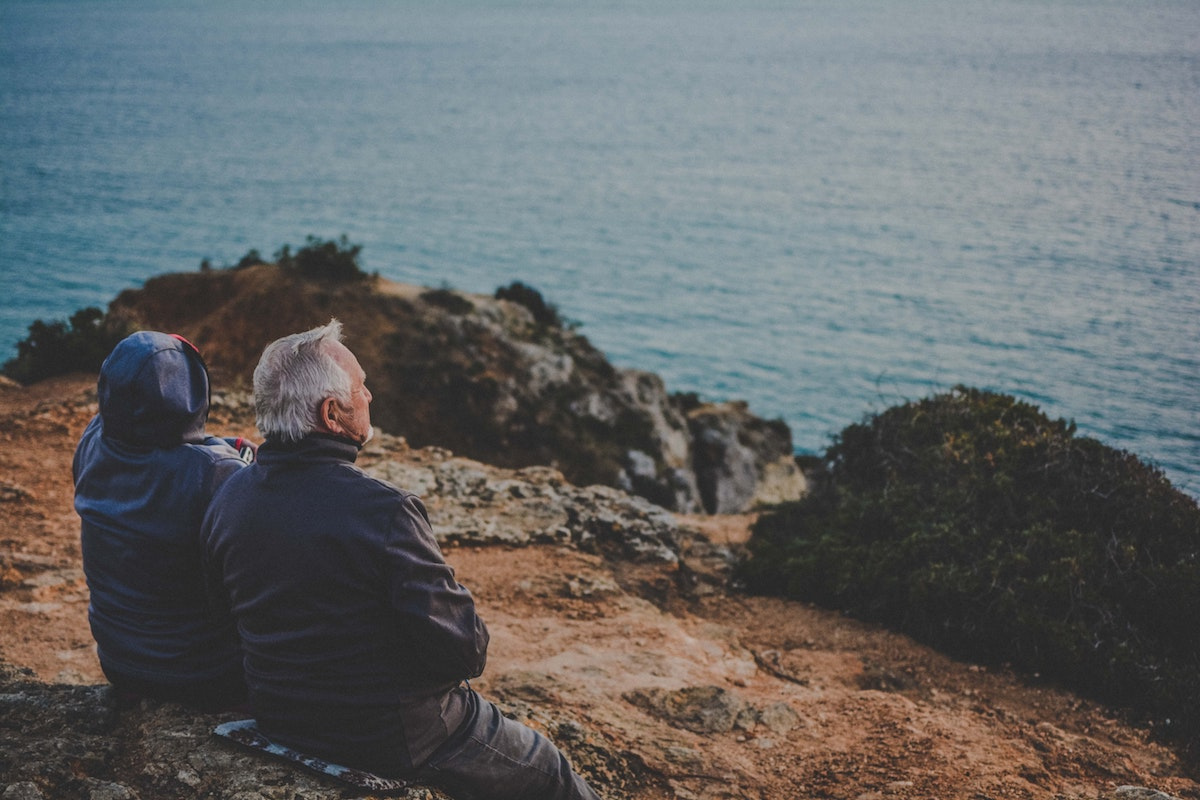
Cancellation and curtailment cover: If something happens that forces you to cancel or cut short a trip, you can claim the non-refundable portions if you’ve purchased this cover. Ensure you purchase this policy within 48 hours of paying for your trip to enjoy maximum benefits.
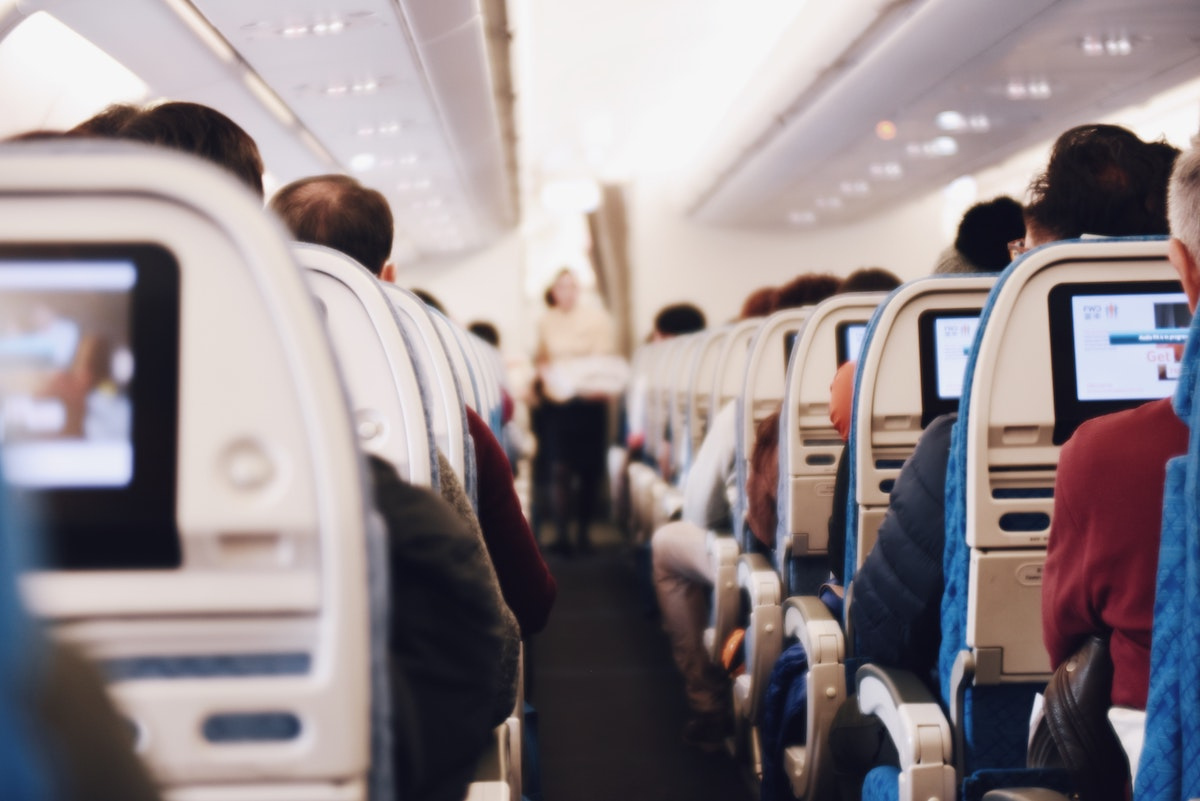
Visa denied cover: We’ve found this coverage to be particularly helpful for South African travellers, in the unfortunate circumstance that a visa is denied.
(Ts & Cs do apply: your passport must be valid, you cannot have a criminal record, applications must be submitted in the prescribed time and all related documents, as specified, must be in order)
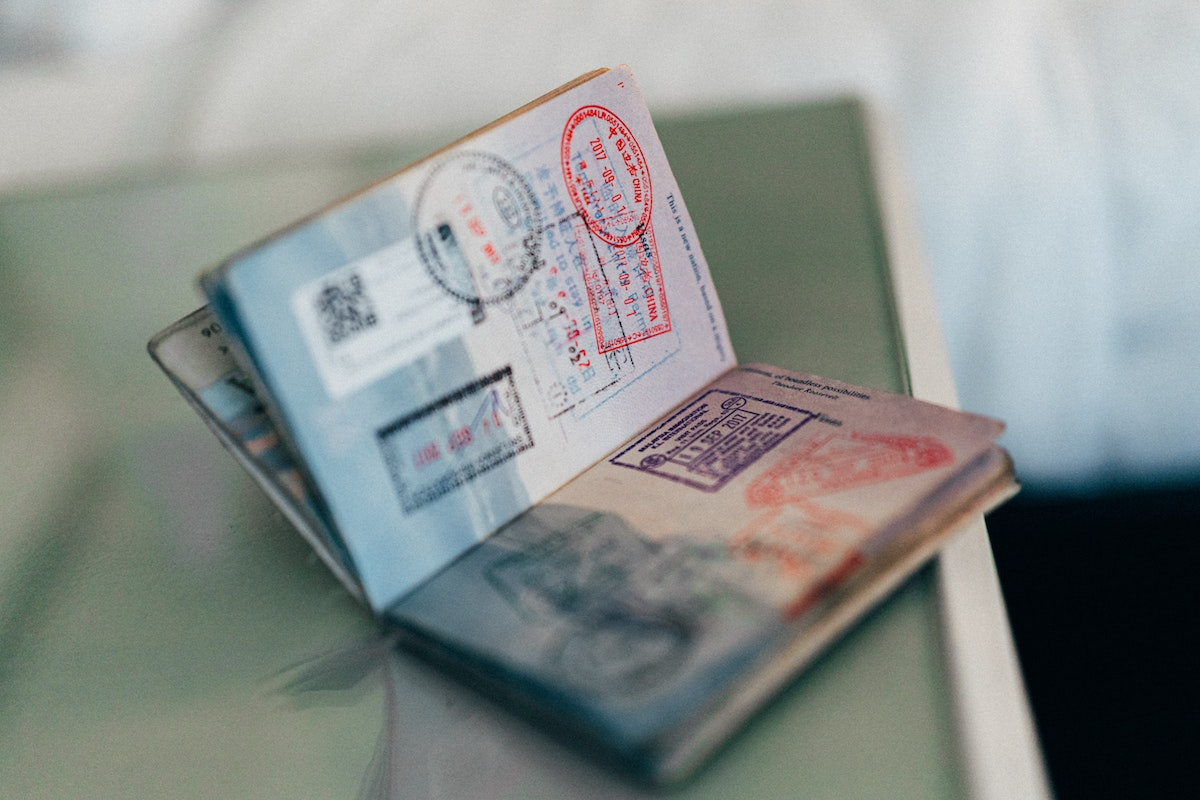
Manual labour related injuries: If you are a business traveller and plan to engage in manual labour, make sure you purchase a policy that will include cover for any potential injuries.
Malaria cover: If you are travelling to an area with malaria, check that your policy covers you for tropical diseases.
. . .
3. DO: have a contingency plan
While this certainly is a unique time, we’ve seen that we all need to be prepared for things like delayed or cancelled flights, extending stays or leaving countries on the fly.
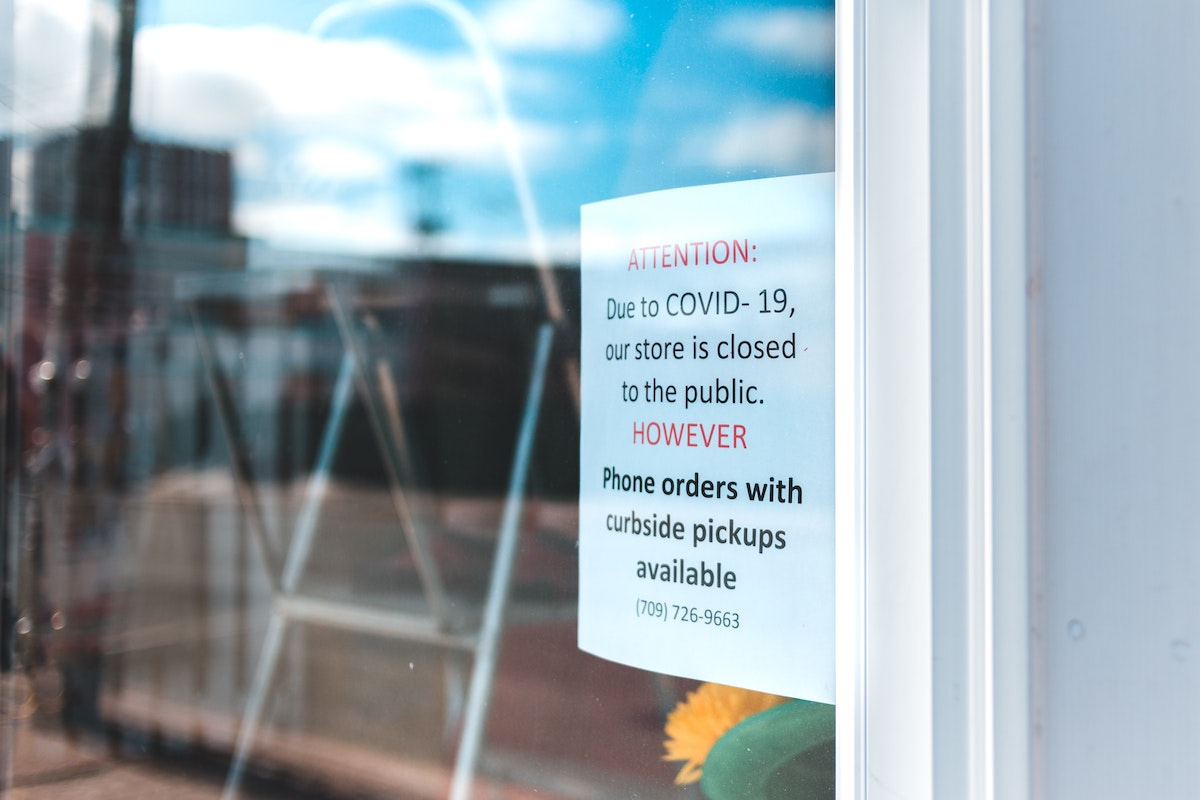
A few things to consider when it comes to having a travel Plan B:
- Does your budget support medical emergencies or an extended stay?
- Do you have a friend or relative who can help keep you up-to-date with well-informed information, so you don’t have to be glued to your phones and laptops during a relaxing holiday (especially when information’s changing by the minute, as we saw with Covid-19)?
- Do you have the contact details for doctors who speak English where you’re going, in case you need medical help while you’re abroad?
- Do you know what to do in the event of an emergency that forces you to overstay your visa? Note: while many countries make allowances to renew visa extensions in emergencies, you’ll need supporting documents (ie. bank statements, passport photos, etc.), and you’ll need to submit your visa application before your old one expires. Plan ahead and keep extra notarised copies of important documents (they’ll also come in handy if you lose a passport while you’re abroad).
. . .
4. DON’T: leave good hygiene at home
If we’ve learnt anything over the past few months, it’s that good hygiene practices are essential at all times — and especially when travelling.

Best practices to stay safe whilst travelling:
- Wash your hands often with soap and water (30 seconds should do the trick!)
- Cover your mouth when coughing and sneeze into a crooked elbow
- Keep an alcohol-based hand rub in your bag to frequently clean your hands
- Pack precautionary medication like throat lozenges, cough drops or nasal spray
- Pack enough of your prescriptions to keep healthy if your trip is extended unexpectedly
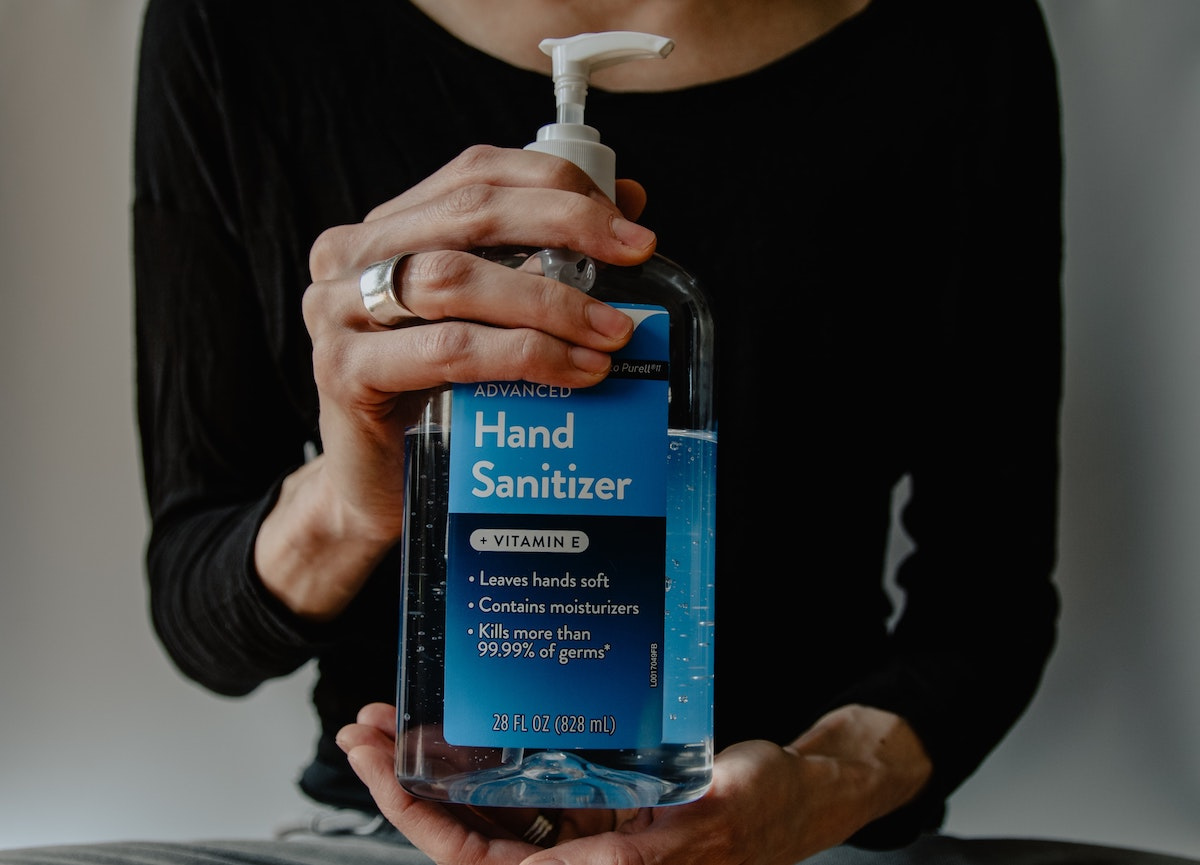
In addition, ask your healthcare providers about vaccines or prescriptions you can take to either combat illnesses or boost your immune system abroad.
And if you suffer from any pre-existing conditions or you find yourself ill before your travels, consult your doctor before heading to the airport, or postpone your travels until you feel well.

. . .
5. DO: opt for flexible travel packages
Navigating the fine print can be overwhelming for the average traveller, but this pandemic has taught us terms and conditions can’t be ignored — especially when it might cost you an arm or a leg to make changes.
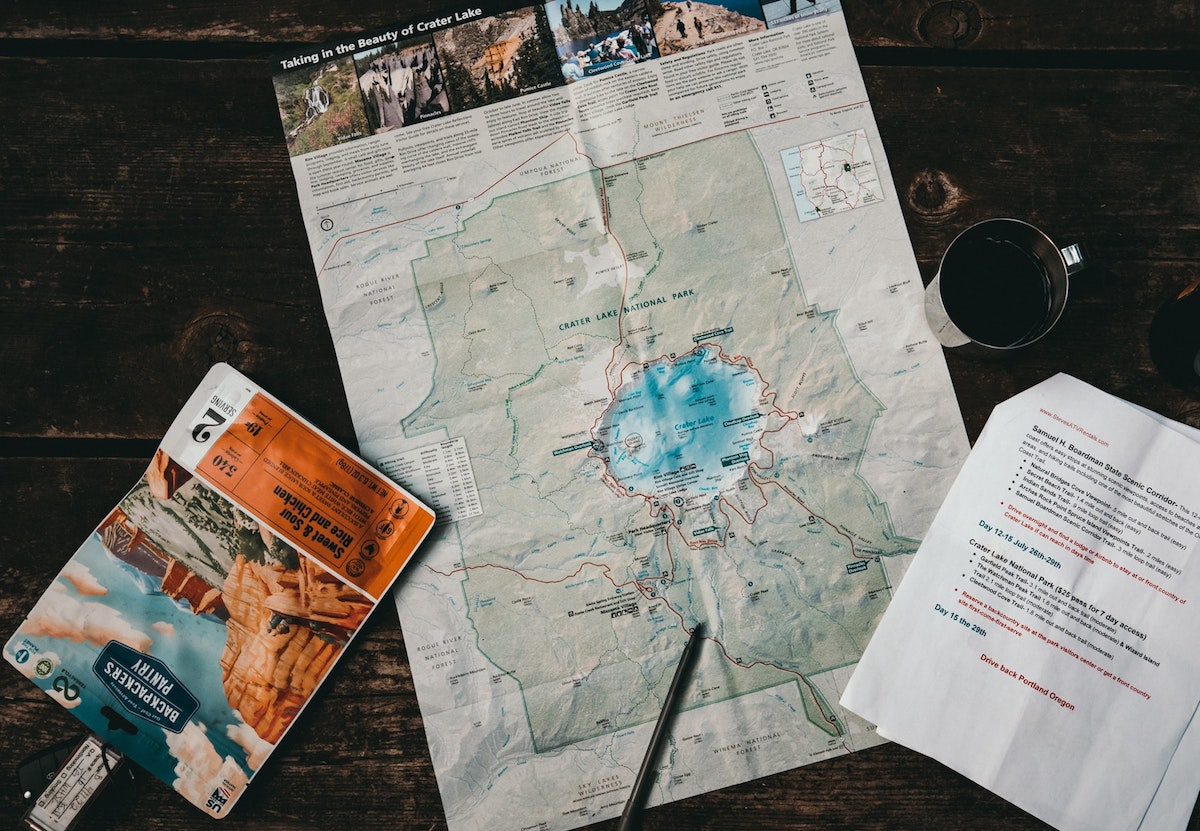
Before you book, ask your Sure Travel agent to outline the various change / refund policies.
If you can’t or don’t want to travel in the coming weeks and months (but have already booked a trip), we recommend postponing rather than cancelling where possible. You’ll save on rebooking fees and still get some much needed rest and relaxation in 2020.
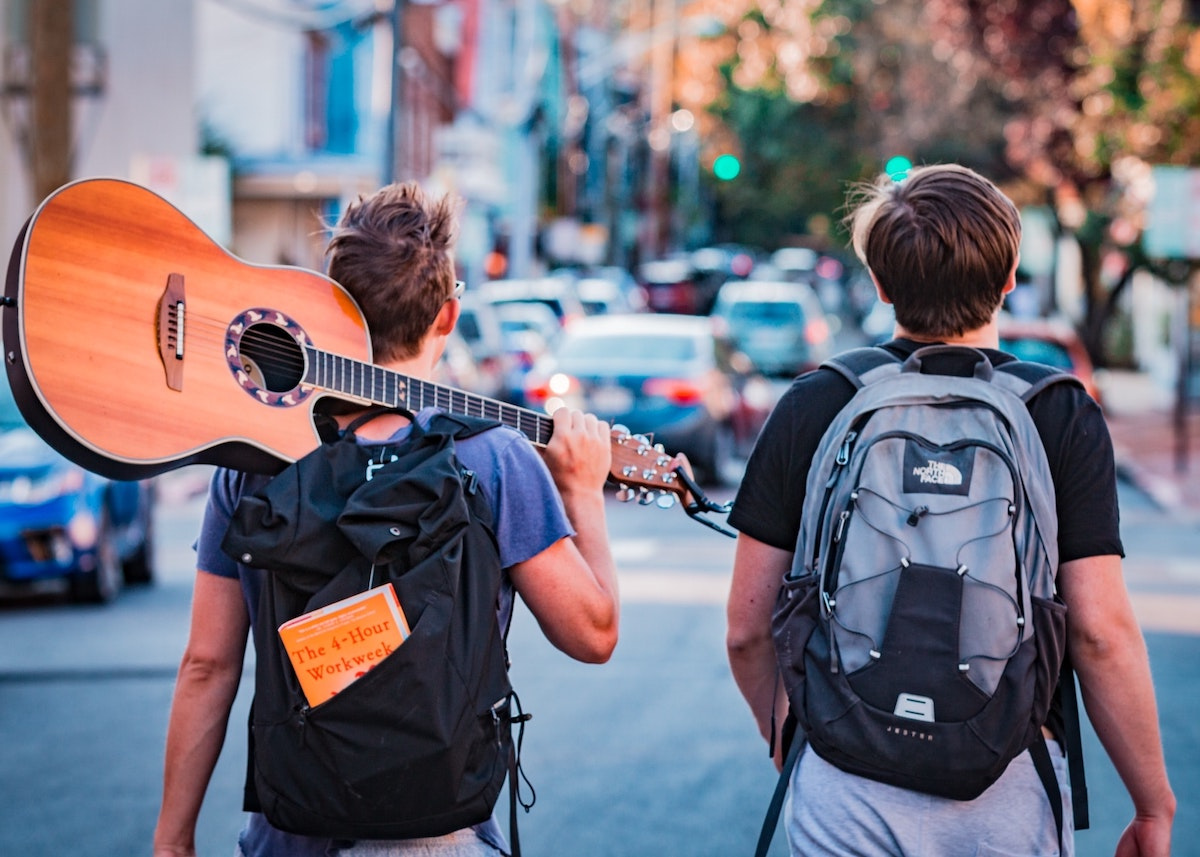
Ask our agents can help you make these arrangements, hassle free. Contact us on +27 (0)861 47 48 49, or visit our website.
. . .
6. DO: stay informed via trusted sources
Pandemic or not, it’s important to understand the ins and out of the country you’ll be travelling to before you book your flight. Have a specific Covid-19 travel question? Our agents and this website are a great resource.
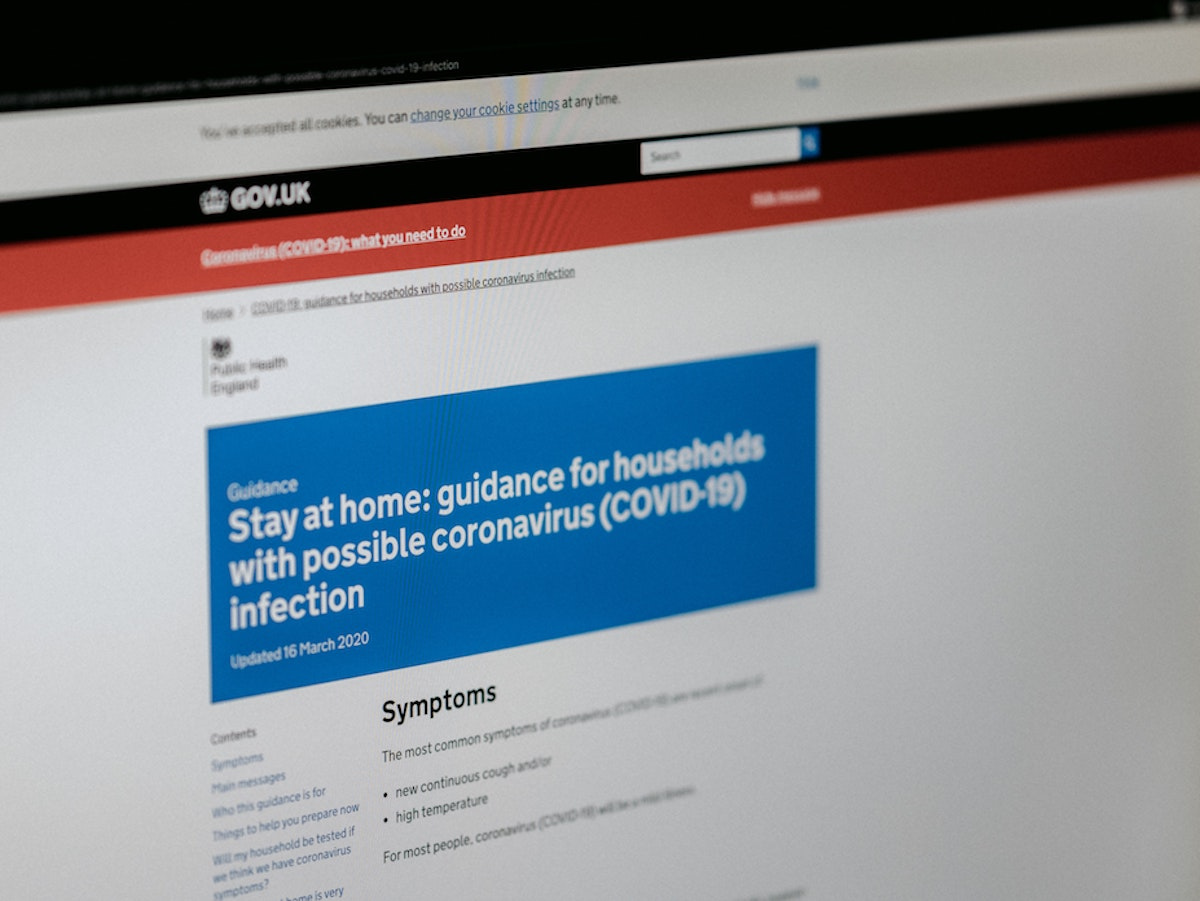
The CDC lists travel warnings and advisories for each country in the world. While they’re always to be evaluated within context, your Sure Travel agent will be able to advise on precautions you should take.
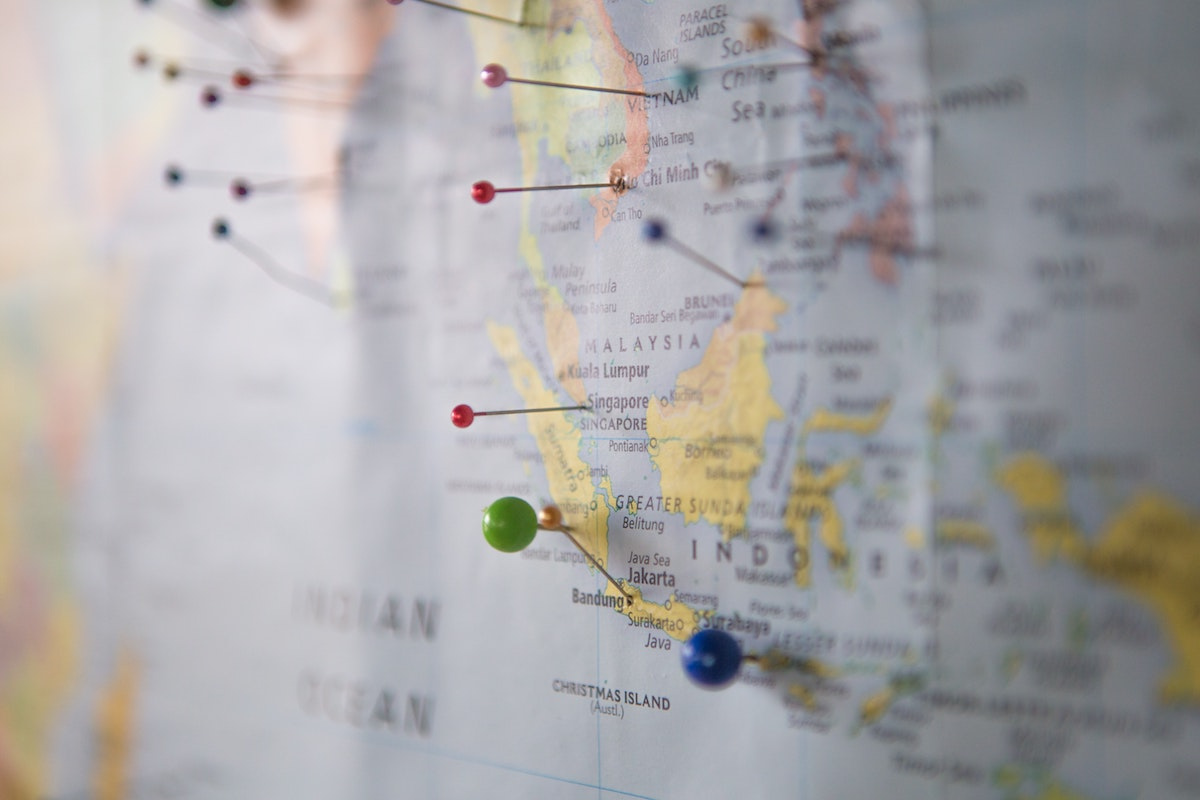
The most important thing to remember is to make informed decision motivated by facts and not fear, and to seek out information that comes from credible sources like The World Health Organization, ASATA or South Africa’s National Department of Health pages.
Remember, we’ll get through this. And we will all be much more responsible travellers for it.
